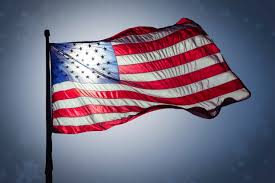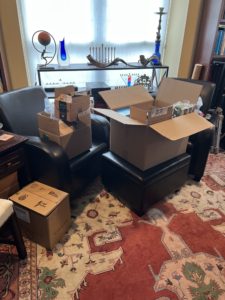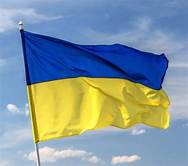 With Maus, the McMinn County Tennessee school board has highlighted issues beyond Anti-Semitism.
With Maus, the McMinn County Tennessee school board has highlighted issues beyond Anti-Semitism.
With the extraordinary rise in documented Anti-semitism, we rightly are sensitive to it. However, if we merely write off the TN School board as Anti-Semites, we miss some crucial things worthy of discussion. We must ask a fundamental question: Is this a matter of teaching about the Holocaust, or is this the right book to do so? Let us set aside the charge of anti-semitism and consider other reasons why Maus would be banned.
Let me give two examples from my own Jewish experience to help frame the matter:
I have regularly seen people ushering children from the sanctuary before the Yizkor liturgy in our services. And often, well-intended adults keep their children from funerals and unveilings.
The rationale common to these is that the adults thought it best for the welfare of the children to shield them from issues surrounding death. They deemed such experiences as emotionally unhealthy. Perhaps the people of Tennessee thought similarly.
Maus is an explicit graphic novel. The author, Art Spiegelman, does not hold back from exposing the horrors of the Holocaust. The scenes are brutal and sear themselves into the mind’s eye. Once seen, it is impossible to un-see it. Arguably, that was part of Maus’ intended purpose. Maus has been a challenging and controversial book on almost every level. Bringing it to children should be careful, deliberate, and age-appropriate.
Parents try to shield their children, to protect them from the world’s harshness. The question for us to consider is whether such an approach serves a purpose?
Arguably, exposing our children to the world’s harsh realities is essential in helping them develop their understanding of the world in which we are preparing them to live.
We must also consider children’s developmental issues. We know that both the way we present materials to children and their capacity to absorb the lessons are critical components. Balancing these two is delicate, but ignoring them risks doing more harm to the psyche than good.
I understand the desire to protect children, particularly from the gruesomeness of evil. And the Holocaust is unspeakably, unimaginably evil. But if we pretend the horror did not happen, or if we sanitize it, erasing the brutality, we have likely made the case against evil no more compelling than the choice of school lunch.
We need to be vigilant in the fight against anti-semitism, and it would not be surprising to learn that anti-semitism motivated some people in the discussion surrounding Maus. But even with that, we cannot turn away from the critical conversation about what we teach our children, not as facts, but as values and how we do it without inflicting harm or destroying the humanity we are trying to nurture.
 The United States must be a haven to asylum seekers. People fleeing war and violence must be provided safe harbor here. My people, the Jews, were turned away and the consequences were devastating. 100,000 Ukrainians is a start. The bureaucratic red tape must give way to an open door to give immediate refuge.
The United States must be a haven to asylum seekers. People fleeing war and violence must be provided safe harbor here. My people, the Jews, were turned away and the consequences were devastating. 100,000 Ukrainians is a start. The bureaucratic red tape must give way to an open door to give immediate refuge.



